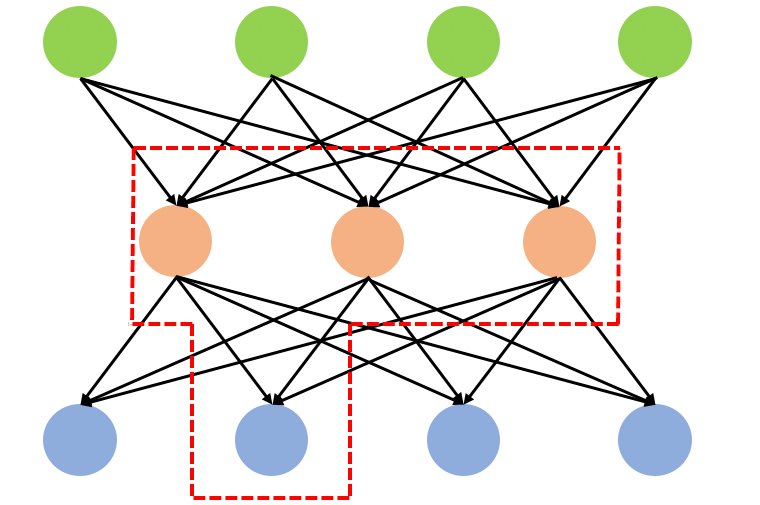Prof. Jeff Calder and team awarded $1.2M NSF grant for deep learning research

The National Science Foundation (NSF) has awarded a three-year $1.2 million grant for the project "Analytical Foundations for Deep Learning and Inference over Graphs" to a team of collaborating researchers at the University of Minnesota, including School of Mathematics Professor Jeff Calder. The grant is through the NSF Mathematical and Scientific Foundations of Deep Learning and Related Areas (MoDL+) program.
Deep learning, based on deep neural networks (DNNs), has demonstrated superior power in solving many difficult real-world problems, such as image classification, strategy-game playing, speech recognition, and medical image analysis, and is poised to revolutionize science and engineering.
Building on the success of DNNs, recent years have seen a flurry of research activities focused on developing graph neural networks (GNNs) in order to tackle important problems on graph-structured data, which appear in many applications such as social, biological, or chemical networks.
Tackling research questions in deep graph learning
The research will tackle fundamental research questions in deep graph learning, with a particular emphasis on applications to 5G/NextG wireless networks and power (micro)grid systems.
The award will make connections between the theory of partial differential equations (PDEs) and deep graph-guided learning by establishing PDE-continuum limits for deep graph neural networks, and using a novel Morse theory approach to understand the generalization power of GNNs.
It will also advance innovative sensitivity-regularized deep learning approaches, and provide an in-depth empirical study of the representation power of GNNs compared to standard DNNs, demystifying the role of graphs in deep learning.
In addition to Prof. Calder, the project team includes Department of Electrical and Computer Engineering Professor Georgios Giannakis and Department of Computer Science and Engineering Professor Zhi-Li Zhang.